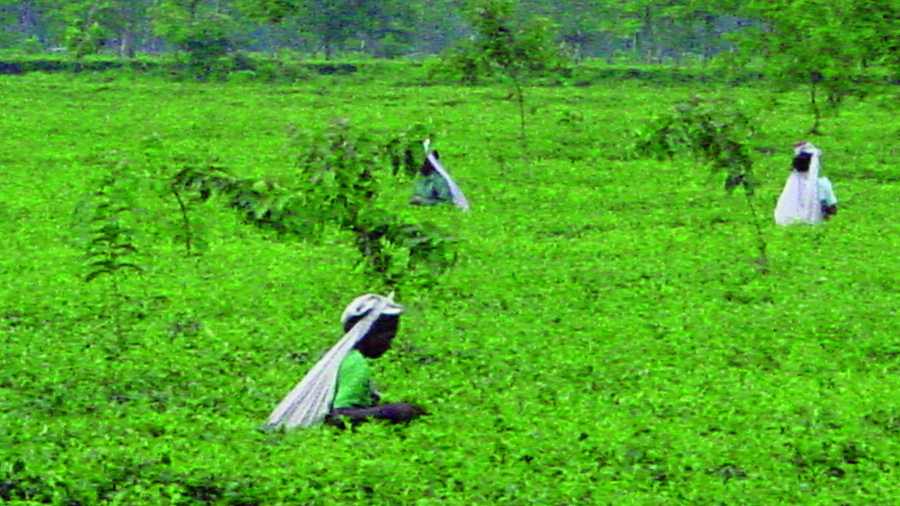India’s tea exports grew 16 per cent in the first nine months of the calendar year, data published by the Tea Board reveals, showing signs of a return to normalcy. Government officials and exporters say they expect to end 2022 with higher volumes than in the past two years.
However, exports will still fall short of the level in 2019, the last full year of normal operations before the pandemic. India exported 165.58 million kg between January-September compared with 142.55 million kg recorded in the same period of 2021. In 2020 and 2021, India’s exports stood at 209.72 million kg and 195.5 million kg, respectively.
“I had predicted at the beginning of the year that we will see an all-round growth. My money is on 230 million kg,” said Mohit Agarwal, director of Asian Tea Company Pvt Ltd, one of the top tea exporters from India. In 2019, India had exported 252.15 million kg while in 2018, it was little higher at 256.06 million kg.
Anshuman Kanoria, chairman of Indian Tea Exporters Association, predicted it would take at least two more years to get back to the volume seen before the pandemic. “We could have done more had the payment issue with Iran and Russia not been there. The government has to help us get around the problem,” he said, predicting exports to touch 225 million kg in this fiscal. Sources at the Tea Board concurred.
“India could have exported much more tea. There are willing buyers and willing sellers but because of the external factors beyond control, we could not do more,” the sources added, citing high sea freight rates and lack of containers as challenges apart from payment issues.
The economic turmoil at Sri Lanka impacted tea export of orthodox variety from the island nation, allowing countries like India to corner a bigger pie of the market. Kanoria said the sea freight rates to major European ports, Russia and the US have been falling and the availability of containers are rising too. Agarwal, however, claimed he does not encounter payment problems dealing with Iran or Russia. “It is not an issue. Payments are being received from third parties in other currencies for export,” he said.
According to him, India should also focus on CTC tea export along with orthodox varieties. “The small tea growers, the major producers of CTC variety today, must be made aware of the phytosanitary standards which are essential for export,” he argued.
Kenya is the major exporter of CTC variety of tea globally. Soumyak Biswas, partner at BDO, suggested India must develop new markets. “CIS, UAE, Iran and the US account for over 60 per cent of Indian tea export. We have to find new markets. Moreover, our export is mostly in bulk form compared to Sri Lanka, which exports two-third of the tea in value-added form. We need to create a robust back-end infrastructure for value addition to improve the realisation of made tea,” Biswas argued.










